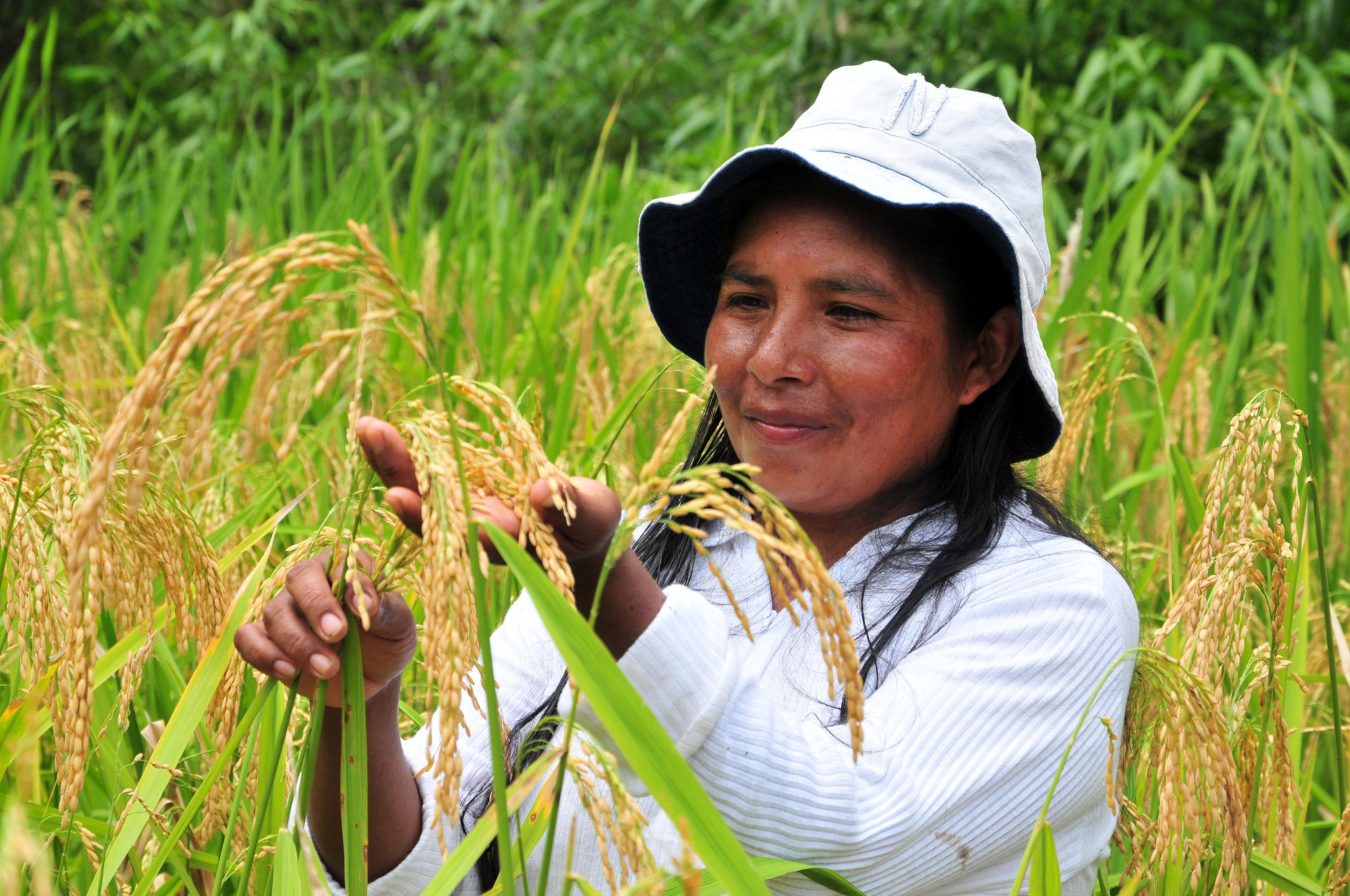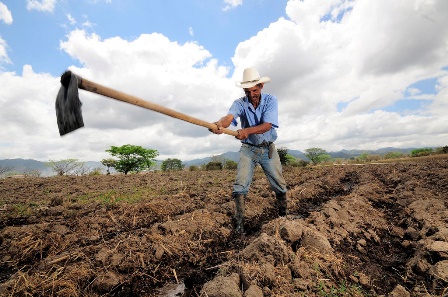

The American Region is characterized by having some of the most advanced agricultural research capabilities worldwide. The Region produces the largest surpluses of food in the world, that compensate the food deficits encountered primarily in Asia, the Middle East and Africa. Yet these comparative advantages are straining under threats such as climate change, diminish of water resources, transboundary pests, negative nutritional implications of the production models adopted (both in under-nutrition and obesity), control of markets, land and natural resources by forces distant from producers and on the wider scale, the implications of the rural exodus for the future of farming, food and the security of rural and urban societies themselves.
These challenges cannot be met by research knowledge alone. Turning new knowledge into impacts requires the full engagement of all those concerned with the future of agriculture and food in the Region, and beyond, from farmers and consumers to CSO’s, universities, the private sector and public research and extension agencies and policy bodies.
To provide a space to discuss these issues, GFAR and the Inter-American Institute for Cooperation on Agriculture (IICA) Secretariats jointly organized the workshop "Enabling Innovation for Sustainable Agri-Food Development in the Americas within a Global Context" on 10 February 2017, back to back with the GFAR Steering Committee Meeting. The workshop aimed to discuss the existing capacities on research and innovation in the Americas to identify ways to better mobilize, through Collective Actions, agri-food research and innovation, addressing the Region’s needs and identify how stakeholders in America could better contribute through GFAR in an effective manner.
Participants from Partners in GFAR shared the work their organizations are undertaking, particularly on agricultural research and innovation. Presentations can be found at the following links:
Following the presentations, the floor was opened for discussions and the identification of possible Collective Actions by different organizations to achieve one or more of the key priority areas identified by GFAR’s Steering Committee: i) enable and empower sustainable rural communities; ii) increasing knowledge flow for development impact; iii) supporting transformative learning and youth leadership development; iv) changing value systems and metrics to deliver the SDGs; v) enabling sustainable rural enterprise.
Discussions in the meeting emphasized the value of working in innovation platforms, as the one-specialization work cannot lead to the targeted development impacts. For innovation platforms to succeed, innovative communication is also needed and need to be made available to stakeholders. The importance of agricultural transformative higher education and post-graduate education together with youth leadership and enterprise development was emphasized as vital to addressing rural challenges and attracting youth to agriculture and rural communities development in the Region. Collective Actions supporting transformative learning and youth leadership development were discussed. A meeting, or webinars with leaders of identified projects and other relevant actors were proposed as a first step, to explain the ongoing activities and identify the resources available.
It was agreed to hold a Joint Webinar with the participation of different partners on empowerment of rural communities through women and youth enterprise development bringing in the experience of 14 countries in the Americas with rural communities who made the path from producer to market. Another webinar was agreed on transformative learning and student leadership development. Both webinars are expected to be held in Spring 2017.
Read the full summary report of the Workshop here.
In a video interview, Dr. Victor Villalobos, Director General of IICA, shared how he sees IICA's role in leveraging actions with Partners in GFAR in Latin America and the Caribbean, his ideas for specific Collective Actions that can be realized in the coming years, and the benefit that GFAR's new governance structure will bring to IICA's and partners' work.
Mr Fernando Lopez, who now represents Farmer and Agricultural Workers at the local level in the GFAR Steering Committee, also weighed in from a farmer's perspective on the value of working in GFAR and the importance of a multisectorial approach to achieving desired development outcomes. Find the transcript of the interview (Spanish) attached below.
Click here to learn more about GFAR’s new governance. Key messages from the SC in your language can be found here
To watch interviews with the new Steering Committee members, check out the GFAR YouTube Channel.
Photo credits: Neil Palmer-CIAT
